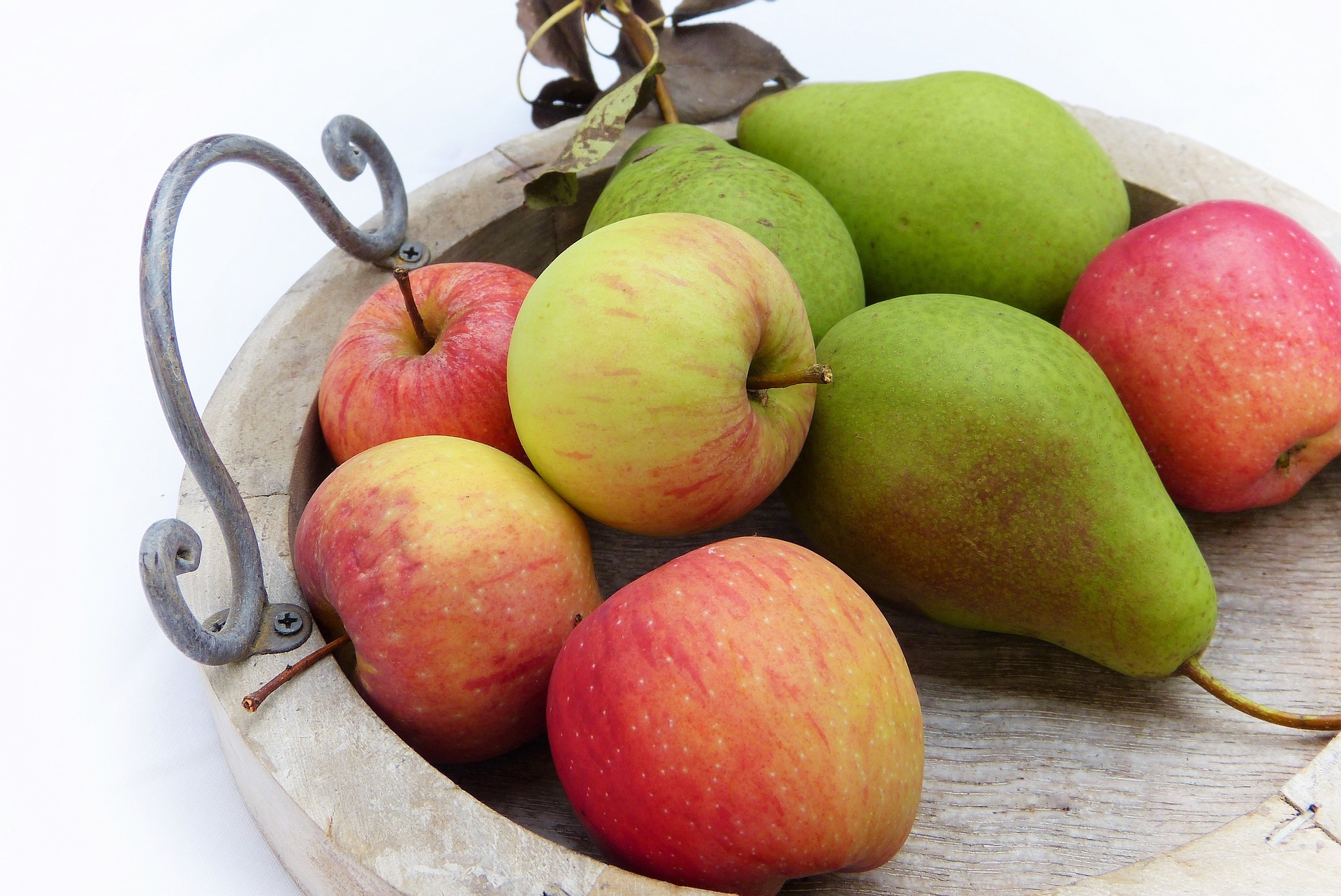
After vegetables, fruit shortage comes next
Europe is expecting a serious shortage of peppers and tomatoes, but in the UK, apples and pears will also be in scarce supply.
After a shortage of vegetables, apples and pears could be the next on the list of scarcely available items in the UK, according to farmers. However, the underlying reason is slightly different from the case of tomatoes and peppers. Although apple and pear trees do well in the British climate, growing them isno longer profitable. Among other things, many attribute this to the price pressure that supermarkets exert in a bid to keep their prices low for customers in the face of soaring inflation in the UK.
As a result, producers and growers don’t see much point in investing so much money and energy in producing the same quantities at increased costs while they are unable to sell their produce at a higher price to supermarkets, for instance.
Farmers and growers can no longer afford to invest in future food production with their costs having risen by 23 per cent due to energy price hikes, among other things. British growers have planted only a third of the trees needed to produce as much fruit as before.
„The majority of growers are losing money,” Ali Capper, head of the British Apples and Pears trade association, told the press, adding that while some have mothballed their orchards or quit the industry, others have switched to growing grapes, which still yields some returns.
As V4NA reported earlier, some vegetables, such as tomatoes, cucumbers and peppers, are already in short supply in the UK, with supermarkets already rationing them. The UK government blames unusually bad weather conditions in growing countries such as Spain and Morocco, but Morocco’s significant reduction in export volumes is also contributing to the problem. The UK government expects the situation to improve in a few weeks, but fruit and vegetable growers are more pessimistic.
„Tomatoes, peppers and aubergines will not be available in large quantities until May, so more than a few weeks will be needed,”
Lee Stiles, a representative of the Lea Valley Growers Association (LVGA), said, adding that it was too late for British producers to make up for the shortfall. Knowing this, they should have planted earlier, he opined.
And indeed, both Southern Europe and North Africa had a poor harvest. Experts, however, also hold the British government clearly responsible. Justin King, a board member of retailer Marks & Spencer, said that British vegetable growers have not been helped by high energy costs, which have made them more reliant on imports than in the past.
The UK’s exit from the EU is also contributing to the problem, Mr King pointed out, and his opinion was corroborated by other experts. For example, the country lacks harvest workers who used to come from other EU countries before Brexit. Now that the UK is no longer a member of the EU, it has become much more difficult, costly and complicated to recruit workers.
Tags:

